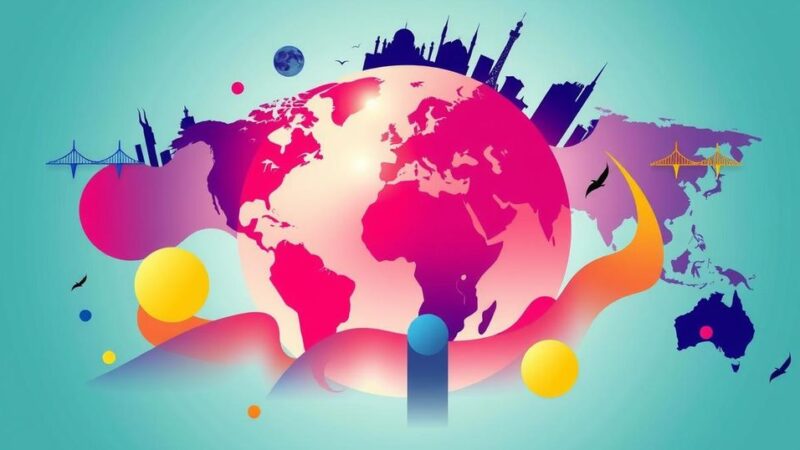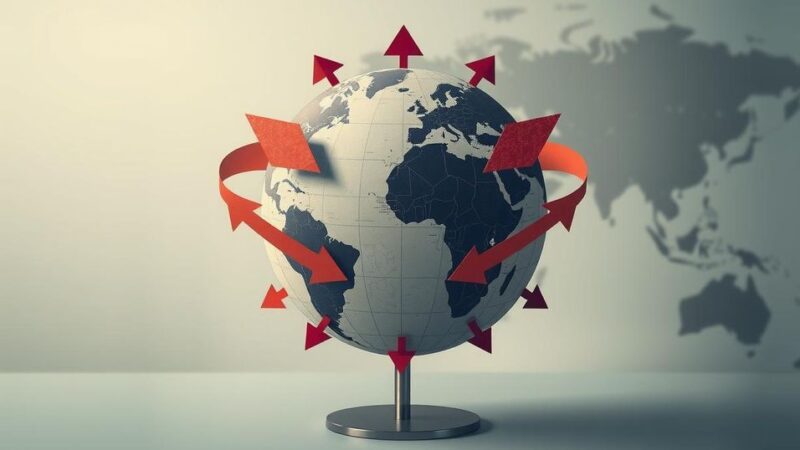International lawyers from the Democratic Republic of Congo have expressed support for Apple’s recent decision to discontinue sourcing minerals from the region due to escalating conflict. Despite this, they are proceeding with legal action against Apple in France and Belgium for its use of conflict minerals, urging that any claims made by the company regarding its supply chain must be independently verified.
International lawyers representing the Democratic Republic of Congo (DRC) have welcomed Apple Inc.’s recent announcement to halt the sourcing of minerals from the region due to ongoing conflicts. However, these legal representatives assert their commitment to pursuing legal action against Apple in European courts, specifically in France and Belgium. The criminal complaints accuse Apple subsidiaries of utilizing conflict minerals from the DRC, where artisanal mining operations are often controlled by armed groups involved in serious human rights violations.
The DRC is a significant exporter of tin, tantalum, and tungsten—known as 3T minerals—essential for the production of electronic devices. Amidst accusations from United Nations experts and human rights organizations regarding the exploitation of these resources, Apple has asserted its stance against the claims. The company has instructed its suppliers to avoid sourcing materials from the DRC and Rwanda, indicating possible complicity in the ongoing human rights abuses linked to these minerals.
Representatives of Congo have acknowledged Apple’s statement with a sense of “satisfaction and caution”, urging that the company’s claims about its supply chain alterations require independent verification to substantiate its commitments. They emphasized that such measures do not absolve the past actions that have led to serious allegations of exploitation and violation of rights. Therefore, the onus remains on the judicial authorities in France and Belgium to investigate the ongoing legal cases thoroughly.
Apple has assured its adherence to due diligence protocols and transparency, emphasizing that it has transitioned to sourcing a majority of these minerals through recycling initiatives. However, the region’s conflict, which has persisted since the 1990s, continues to threaten the well-being of millions, as armed groups thrive on the trade of conflict minerals, further exacerbating the humanitarian crisis. In light of these developments, the ongoing struggle for accountability and ethical sourcing within the tech industry remains a critical dialogue.
The Democratic Republic of Congo has been plagued by conflict and violence over its mineral resources for decades. The country is a key source of various minerals, including tin, tantalum, and tungsten, all critical for the electronics industry. The extraction and trade of these resources have been linked to severe human rights abuses perpetrated by armed groups. In response, various organizations and governments have sought to ensure that companies are held accountable for their sourcing practices and to promote responsible mineral sourcing. Apple’s recent decision to suspend sourcing from these regions is part of a broader initiative to respond to these issues of conflict minerals and uphold ethical standards in its supply chain.
In summary, the legal actions taken against Apple by Congolese representatives highlight the ongoing complexities of mineral sourcing in conflict regions. While Apple’s decision to cease sourcing from the DRC is a positive step, it raises essential questions regarding the accountability of corporations within global supply chains. As these legal proceedings unfold, they underscore the necessity for comprehensive measures to ensure that companies uphold ethical sourcing practices, thereby providing support to communities affected by conflict.
Original Source: www.investing.com





